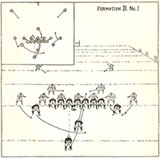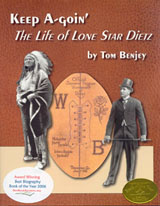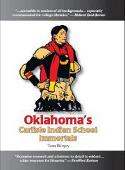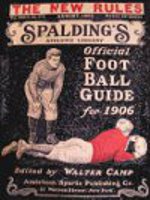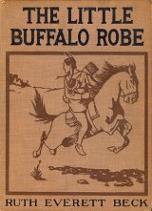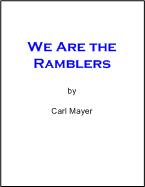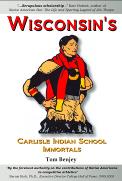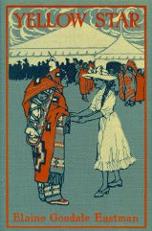Last Thursday, Carlisle Sentinel reporter Joe Cress called to remind me that the 100th anniversary of the discovery of Jim Thorpe’s professionalism was imminent. Joe was essentially right. In late-January 1913, Roy Johnson of the Worcester Telegram, wrote an article challenging Jim Thorpe’s amateur status, based on a conversation he had with Charles C. A. Clancy, manager of the Winston-Salem baseball team of the Carolina League. According to Johnson’s article, Clancy claimed that he paid Thorpe to pitch and play first base for his team during the 1910 season. On January 19, 1913, charges claiming Thorpe was not an amateur were filed with the AAU. On January 23, an interview of Clancy was published in which he denied that Thorpe played for his team or on any other team in the Carolina Association. On January 25, Pop Warner restated Clancy’s position that Thorpe had not played for his team. That same day, the AP reported that Thorpe was negotiating a contract with the Tecumseh professional hockey team to play for them the next season.
An International News Service article dated January 25, 1913 included a claim by Peter Boyle stating that he played with Jim Thorpe in the Eastern Carolina Association. He also claimed that he was traded to the Rocky Mountain team in 1910 for Thorpe who was then playing for Fayetteville. On January 27, the AAU informed newspapers via telegram that “All doubt as to the truth of the charges has vanished and the members of the American Olympic Committee are prepared to make their apologies to the Swedes for having used Thorpe in the Olympic games.” Shortly after that, Thorpe sent the AAU a letter (probably written by Warner) admitting his “professionalism” and returned his gold medals and other trophies.
Soon after this, Thorpe signed with the New York Giants but that is a story in itself.
